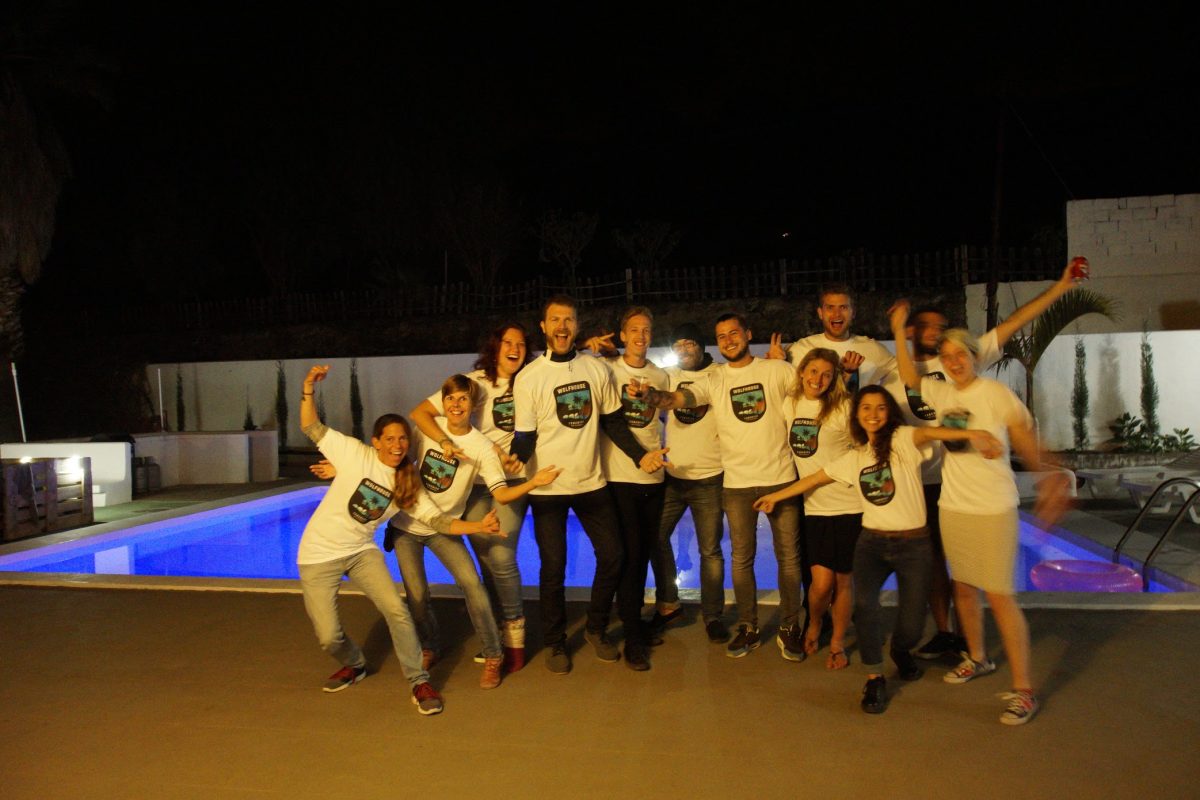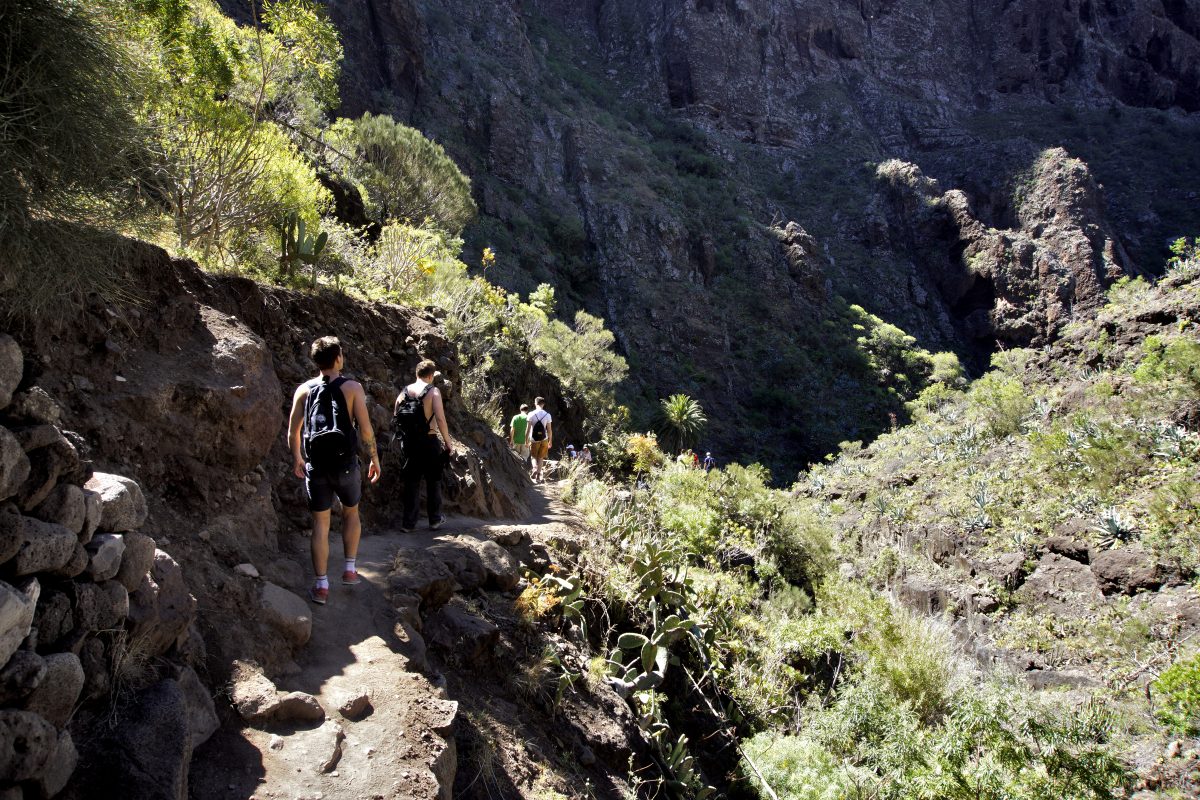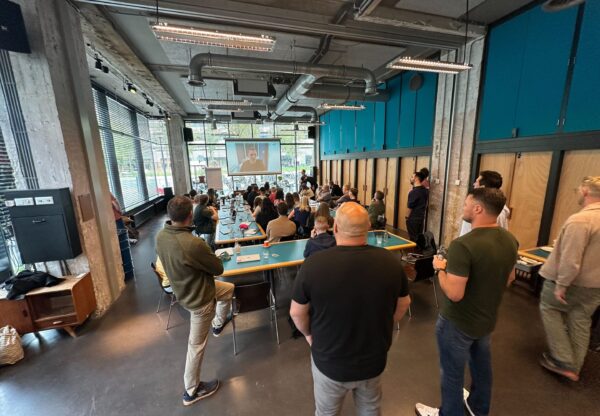WHAT ARE TEAM RETREATS
Company retreats, workations, co-working retreats, workand play holidays, team buildings offsites, coworkations or simply team retreats, as we call it at the NextRetreat, are a popular way to ignite your team members passion, productivity and creativity. Many experts claim, that organising a team retreat, is one of the best investments you can make in your organisation nowadays.
Powerful statement, right? Let’s explore more and understand what those team retreats are.
A team retreat is essentially an out of office gathering of a company’s (or its division) team members with intention to work, play and strengthen team relationships. Quite often, they’re hosted in rural locations, providing an environment where teams can learn to really work together and get inspiration. They offer opportunity to work and efficiently recharge, outside of distracting noises of large cities like London, Berlin or Madrid. However as every company is different, its culture is different and goals are different, forms of team retreats are also varying case to case.
Let’s have a look at what a re·treat /rəˈtrēt/ actually means.
Some meanings of the word according to Wikipedia include:
(1) an act of moving back or withdrawing,
(2) change one’s decisions, plans, or attitude, as a result of criticism from others,
(4) withdraw to a quiet or secluded place and
(5) move back or withdraw.

WHO STARTED THE HYPE
Team retreats are not a completely new thing. Forward thinking companies have been taking advantage of change of scenery in order to balance work with play, brainstorming and leisure activities broadly during 80’s and probably long time before. Have a look at NeXT retreat in 1985, lead by Steve Jobs ‘planting a seed of a new company culture‘, shortly after he was fired by board from Apple.
Steve Jobs and his 11 employees held their first team retreat in December 1985, just 90 days after start of NeXT business. Company retreats like this were continuation of a tradition, which Steve has established early on in Apple.
Successful worldwide companies like Buffer, Zapier, Baremetrics, Automattic and others saw great benefits in team retreats, long before the rest of industry. Buffer is one of the most well know modern examples – started as a startup in 2012 by Joel Gascoigne and recently finished its 8th retreat with 75+ team members in Spain with a great success. Buffer organises a whole company team retreats twice a year. Automattic (double ‘t’ as founder is Matt) are guys behind WordPress.com, which powers 27% of the world websites, including this one. They organise a once-a-year whole company meetup, always around September, and on top of that its teams organise their own meetups and retreats in preferred locations throughout the year. What an amazing company culture!
CRM software makers Contactually are saying on their blog:
“One of the best things that we’ve done consistently at the retreat, is have an open-ended discussion about improving the company. Every year at retreat, we revise our company values. This year we broke out into small brainstorming groups and was one of the most important aspects of retreat. Usually values don’t change or they are handed down from above and can get stagnant and irrelevant in a company and space like ours that’s constantly changing. In our case, we let the team completely revisit them, giving them a lot more ownership and buy-in. Values become so much more… valuable… when you have a hand in crafting them.”
COMPETITION FOR GREAT TALENT
In March this year, I was invited to join Mr. President of Slovak Republic, Andrej Kiska on his diplomatic trip to Israel, as a part of official business delegation among 16 other entrepreneurs. During intense programme packed of meetings, we visited startup accelerators in Tel Aviv and Technion University in Haifa – the oldest Israeli University (founded in 1912). Technion is well-known as a alma mater of dozens of founders, whose startups have created tens of thousands working places and are cumulatively valuated in Billions of US dollars.
Did you know that Israel has the highest amount of companies listed on NASDAQ after USA and China? That makes Israel truly a ‘Start-up Nation’, which is also a name of a book best seller, that we attended signing of.
During panel discussion with an author, Saul Singer, suggested that startups are losing fight for the talent with big players like Facebook, Google or IBM. Mr. Singer confirmed my assumptions, that organising annual or semi-regular team retreats, can be one of the valuable company benefits and effective ways to attract and retain talent.
Why are Israeli startups so successful, contributing $400M to the nation’s economy every year? Follow the NextRetreat on LinkedIn to not miss an article focusing on this topic soon.
SO WHAT ARE THE BENEFITS
Coming back to the reasons, why should you invest your time and money into organising a company team retreat. If you are part of any team or leading one, I’m sure you’d be able to relate to at least few points.
Team retreats serve multiple purposes. Besides coming together to listen to the CEO talking about the direction and future of the company, team retreats often end up benefiting attendees through organic opportunities for bonding and strengthening relationships, that would not happen in the office under usual circumstances. Let’s have a look at some of the benefits.
1. LEARNING & DEVELOPMENT
Providing your team members with learning experience a tapping into their passions and interests, can result in a more committed, motivated and productive team.
Even the most self-motivated people need support to grow and learn. Utilising retreats as an investment to your employees growth and as an extension to your actual training & development programme.
A team retreat take learning & development to a different level, by supporting team members professional and personal growth and maximising their full potential.
2. WORK & LIFE BALANCE
Work and life balance is a concept including proper prioritising between ‘work’ (job, office, career) and ‘lifestyle’ (leisure, family, friends, health & spiritual development). According to to 2010 National Health Interview Survey Occupational Health Supplement, large percentage of US workers report difficulty balancing work and life, family and lifestyle. Workers in agriculture, forestry, fishing, and hunting industries had a lower prevalence of work-life imbalance, compared to workers in the offices and administrative support.
‘The psychological strain, which in turn affects the health, increases due to the strong pressure of time, but also by the complexity of work, growing responsibilities, concern for long-term existential protection and more.’ (W)
Among consequences of work and life imbalance are negative effects on immune and cardiovascular system. Taking your team on a retreat, where you can unwind after work and relax can help prevent heart-attack and other heart diseases.

Of all the activities we as a human beings are engaged in, finding balance between work and life has always been a tricky part. Experts are telling us to take more vacation. But what if we are just not able to take more days off? Organise a workation to work and relax from an offsite location.
People are thriving for more work & life integration, pushing themselves to grow on both fronts. Especially the millennials – passion seekers driven by the opportunities. So with a bit of planning, you can leverage a team retreat and encourage your team members for a healthier work & life balance.
3. EMPLOYEE EXPERIENCE
Culture is your truly competitive edge! Invest in the happiness of your people and allow them to have transformative experiences, make them feel valued and have an impact through their renewed positivity and energy.
A team retreat is simply said a gathering of creative and innovative people, brought together for a shorter term to live, work and play, preferably in a inspiring environment. Sending your team members on a retreat is a great way to tap into their likes, interests and potential.
4. INNOVATION
Fostering innovation is one of the hardest things to do. Creating an innovative organisation requires constant investment on its people, whose individual efforts are a piece of the greater collective innovative effort.
People need the right context and environment to be able to solve hard problems. Individuals thrive in opportunities that enable them to be inspired and create something novel and useful.
A team retreat is a great way to enable employees to innovate. It can be a canvas where people connect, inspire and educate each other. They explore ideas through collective thinking and may even come up with new ideas or even a new product for your company.
5. CREATIVITY & PRODUCTIVITY
Working hard does not guarantee success or happiness, it’s actually the other way around. Studies have shown that employees that experience frequent bursts of happiness have the potential to be 31% more productive and 3x more creative.
A team retreat is one of the most effective ways to fuel employee happiness and spark creativity.
Are you leading or working in a distributed team? Even the most self-driven individuals benefit from positive interactions with people, which aren’t at the same location as them everyday. An environment that fosters collaborative work and focus, as well as time to unwind and#RechargeAfterWork to process all the inputs, can be an amazing way to stay productive and get into the flow of creativity.
6. EMPLOYEE’ HAPPINESS
Steven H. Carney, author of bestselling teamwork and human resource guides, explains that such exercises can help managers and employees develop interactive skills and learn how to collaborate and communicate effectively.
Taking care of your team members happiness levels will drive better bottom line results for your organisation.
Team relationships are a direct contributor to employee happiness. The philosophy of the NextRetreat is rooted in the manifestation of each of core components to employee happiness. Our team member is exploring this topic more in-depth in our Silver Bullet of Employee Happiness article.

7. COMPANY’S IMAGE & PR
Organising a team retreat looks good and adds to a company’s positive presentation. A company’s image is what makes it stick in the minds of their customers and potential customers. Many companies are desperately trying, and often failing, to look cool..
Team building and flexibility should be ingrained in the culture, in everything you do. Building rad offices with tons of amenities and perks can work for some period of time, but that often requires a lot of capital and truth is, no one really cares how hip your office looks in the long term. Many truly talented people would trade free food, table football (calceto), office dogs and other perks (and sometimes even accept a lower salary) for more freedom, flexibility and ability to work from an offsite location.
Attending a team retreat gives you opportunity to produce and publish attractive content of your team on your site, blog, LinkedIn, Facebook, Instagram and other social media channels. This will help you improve the image of your company and your culture and in return help attract great talent.
8. ATTRACTING & RETAINING TOP TALENT
People are your biggest competitive edge. They are the ones that will innovate, create, improve and make important decisions in your team, so it’s crucial to use their talent and treat them well.
However, there’s more that can be done to attract and nurture top talent. The best thing to do is to start looking into the emerging needs of the millennial generation and employees that are seeing work & life with a more holistic approach. Learn to appreciate flexibility and understand that happiness in a return leads to a greater team productivity and creativity.
Giving team members autonomy, flexible working opportunities and organising a team retreats are great benefits that many smart, forward-thinking organisations have already adopted.
WHICH TEAMS WOULD YOU RATHER BE PART OF?
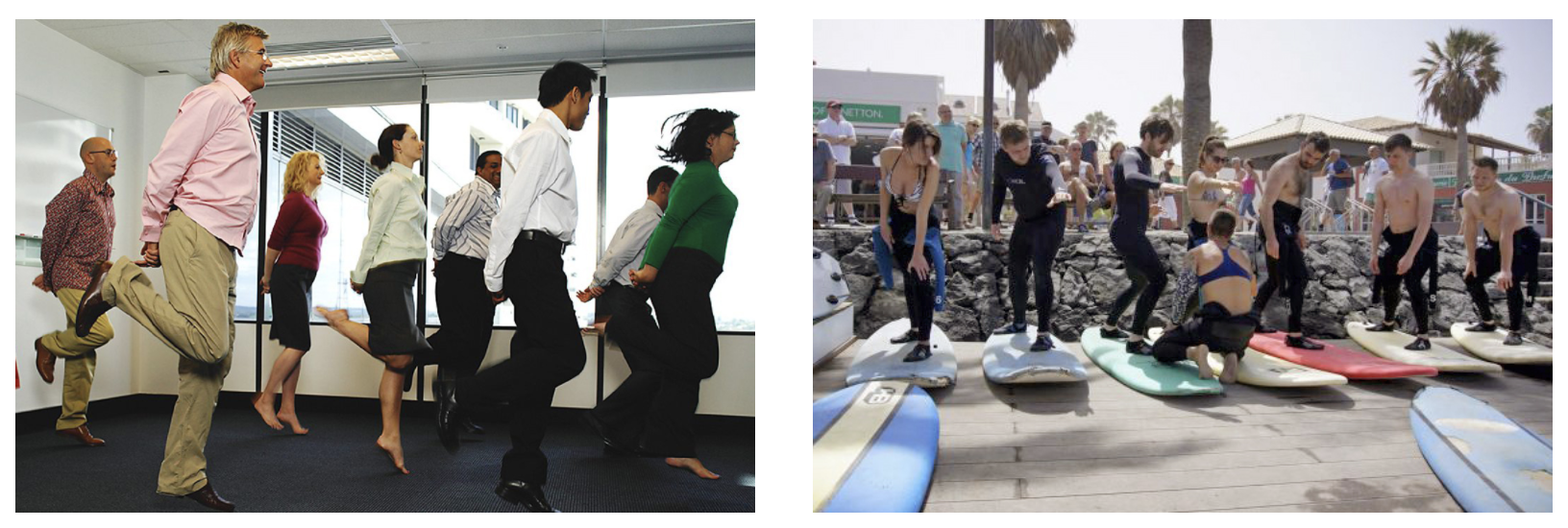
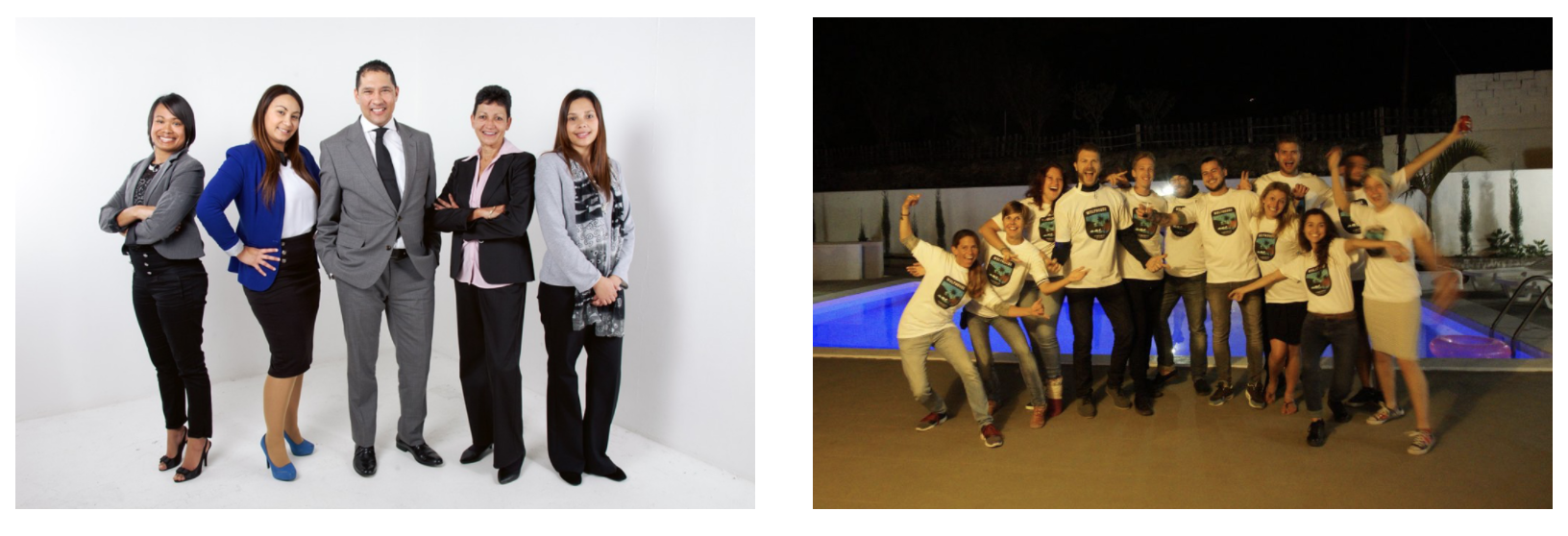
TO SUM IT UP
Team retreats are highly desirable to employees. They mean time away from the office, no need to commute and sometimes no fixed hours, based on your workload, preferences and how you structure it. Team retreats are about getting work done, innovating, learning, bonding and meaningful playing. They can be added to you current learning & development or benefit programs. You can read more about the benefits at The Advantages of Organising a Team Retreat article.
Team retreats and offsites are offering a transformative experience that will make your employees feel valued and return to the office with renewed positivity and energy.
These are the main reasons why we decided to start helping bring teams together to stay productive and recharge, whilst bonding in an inspiring environment.
Still thinking of ‘cheaper’ and easier ways to motivate your team? Stop trying to invent workarounds that don’t work and think about the future of your company.
We are here to help!


